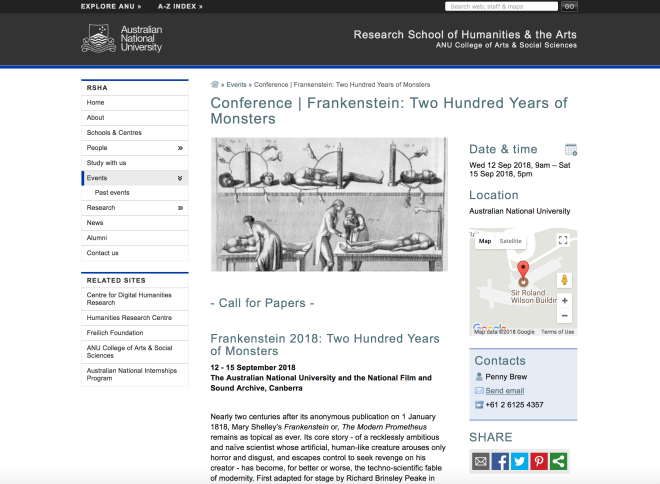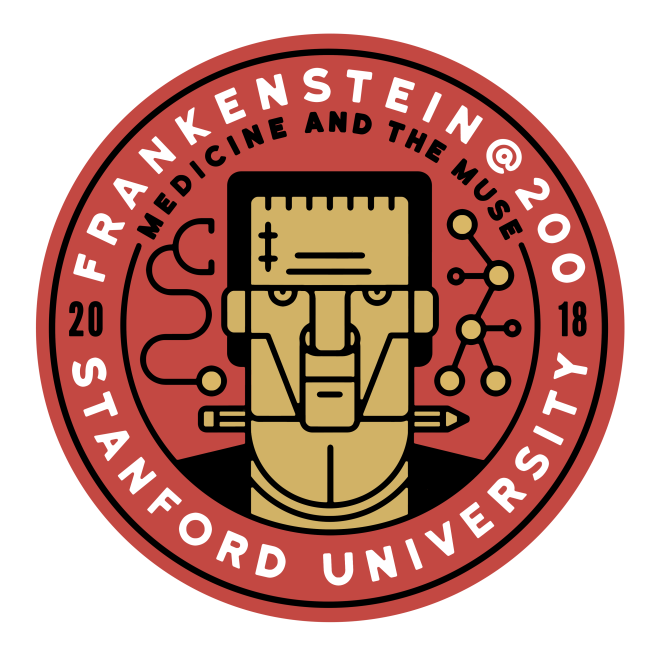
The Program in Modern Thought and Literature and Intermediations invite you to attend a lunch-time talk with Professor Regina Schober (American Studies, Heinrich-Heine-University Duesseldorf) on Female Algorithmic Selfhood, Literary Fiction, and the Digital Pharmakon.
This event will be taking place in the Terrace Room in Margaret Jacks Hall (Building 460, 4th Floor, room 426) on March 6th at 11am.
Lunch will be provided. If you are planning to intend, we invite you fill out an RSVP form for logistics and headcount. RSVPs are appreciated but not required. We ask that if you RSVP that you do so by March 1st.
If you have any questions or concerns about this event, please do not hesitate to reach out to Leah Chase at lachase@stanford.edu
Abstract:
While algorithms have increasingly come to shape the ways of writing the self, for example through data tracking and recording, personalized recommendation systems, and online identity curation, literary fiction has simultaneously negotiated such ways of being in and experiencing our algorithmically driven, digital environment. This talk will look at a selection of contemporary US American novels that critically inquire into modes of algorithmic self-writing, as they scrutinize the ways in which digital affect, automated scripts, and the dynamics of the attention economy play into the construction of selfhood. With a particular focus on female digital experiences, this talk reframes posthuman perspectives on human-/technology interactions in emphasizing affective and collective spaces of the “digital pharmakon” (Stiegler 2012). At the same time, these novels explore their own intermedial potential as counter-attentional forms in negotiating the ‘failed knowledges’ of scripting the digital female self.
About the speaker:
Regina Schober is Professor of American Studies at Heinrich-Heine-University Duesseldorf. Her research interests include literary negotiations of networks and algorithmic selfhood, theories of failure, and intermediality. She is author of ‘Spiderweb, Labyrinth, Tightrope Walk: Networks in US-American Literature and Culture’ (De Gruyter, 2023), of ‘Unexpected Chords: Musicopoetic Intermediality in Amy Lowell’s Poetry and Poetics’ (Winter, 2011), editor of ‘Data Fiction: Naturalism, Numbers, Narrative’ (special issue of Studies in American Naturalism, with James Dorson, 2017), ‘The Failed Individual: Amid Exclusion, Resistance, and the Pleasure of Non-Conformity’ (Campus, 2017, with Katharina Motyl) of ‘Laboring Bodies and the Quantified Self’ (Transcript, with Ulfried Reichardt, 2020), and of ‘Network Theory and American Studies’ (Special Issue of Amerikastudien/American Studies, 2015, with Ulfried Reichardt and Heike Schäfer. She is part of the DFG Research Network ‘The Failure of Knowledge/Knowledges of Failure’, the DFG Research Network ‘Model Aesthetics: Between Literary and Economic Knowledge’, and the interdisciplinary BMBF Project ‘AI4All’.


